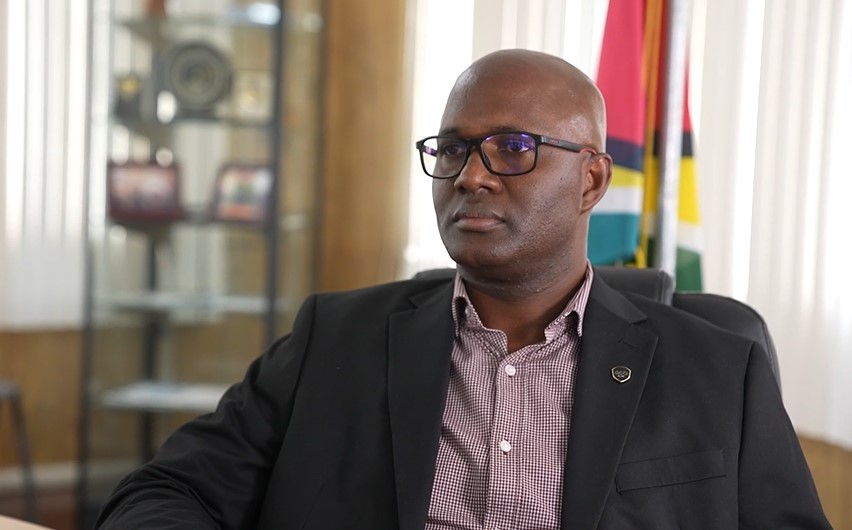Some 150 young people living in Guyana are battling type 1 diabetes while an estimated 60,000 persons have type 2 diabetes, Health Minister Dr Frank Anthony has revealed.
World Diabetes Day is observed every year on November 14. This year the theme is “Educate to protect”.
The Health Minister, during his daily COVID-19 update on Monday, revealed that while Guyana has health care programmes to treat diabetes, most persons are not aware.
“We have maybe about 100 or 150 persons that we know are type 1 diabetics. These are young people who have been diagnosed with diabetes,” Dr Anthony said.
Diabetes, according to the World Health Organization (WHO), is a chronic disease that essentially means an individual is unable to properly regulate their blood sugar. This can lead to serious damage to the body such as blindness, organ failure and lower limb amputations.
Hence, persons living with diabetes are often advised to have regular checkups to monitor their health.
Dr Anthony reminded that all the healthcare facilities in Guyana have doctors who can diagnose and treat diabetes.
“These persons cannot make insulin on their own – their bodies cannot make insulin on their own – so they depend on external insulin. So, we have a programme where they are providing these young people with insulin.
“Some of them know that they have diabetes so they come to clinic and there are quite a lot of persons who would qualify as diabetics but they don’t come to clinic and some of them remain undiagnosed because of that,” he added.
Diabetes requires serious attention and as such, self-monitoring has been advised for persons living with the chronic disease. This strategy basically involves people regularly monitoring their own blood glucose (sugar) levels.
Advisor to the Ministry of Health, Dr Leslie Ramsammy, previously said glucometers (devices that test the blood sugar levels) and the accompanying testing sticks were being shared out to some 350 to 400 adult Guyanese living with diabetes.
These people have been identified as the people who have uncontrolled diabetes and may have lost toes, had an amputation or had some other issue.
Meanwhile, Minister Anthony has said that early diagnosis and early interventions to control the blood sugar levels and screening for complications such as loss of sensitivity is important.













